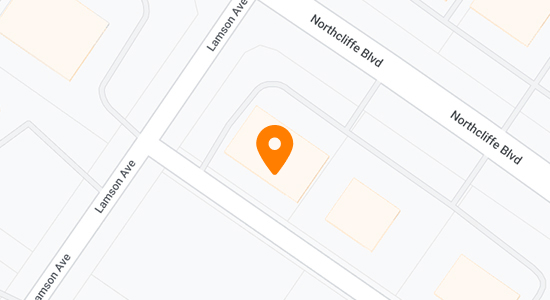Criminal Law
Signs of Nursing Home Abuse & Neglect – What You Need to Know to Keep Your Loved Ones Safe and Healthy
Nursing home abuse is rampant across the country, and sadly, neglect is the most popular form of abuse. Neglect can take on various forms, but happens when a person fails to receive the proper level of care that they need. While each individual in a nursing home requires a different type of care, most need help with basic hygiene, assistance with eating and help with mobility.
Anytime a nursing home fails to provide residents with proper care, serious suffering, injuries, and even death can occur. One of the best ways to keep your loved ones safe inside nursing homes is to be able to recognize the signs of neglect, so that you can help to prevent or stop it before your loved one suffers physical or psychological damage. While the signs of abuse can vary, any of the following red flags, or a combination of the following, could point to a bigger problem:
Signs of Nursing Home Neglect or Abuse
Poor Hygiene in Nursing Home
- Nurses and other nursing home staff help residents with their needs, including basic personal hygiene. Most residents need help getting up, dressing, bathing, brushing their teeth, clipping their nails, and combing their hair. One of the first signs of neglect is when caregivers leave a person to manage basic tasks on their own, even though they are unable to do so, resulting in an unkempt appearance. Many nursing homes have staffing issues, and when they do not have enough caretakers to meet residents’ needs, residents and their hygiene routines suffer. Sometimes, staff members do not have the education or proper training to provide the care that residents need.
Dirty Living Conditions
- Nursing homes are required by law to provide their residents with safe and clean living conditions. Another telltale sign that something is wrong is if the facility itself is unsanitary. Federal law clearly states that nursing home facilities must “establish and maintain an infection control program designed to provide a safe, sanitary and comfortable environment in which residents reside.” They are also obligated to meet state requirements for safety and security. You want to ensure your loved one is at a facility with clean clothing and bedding, clean bathrooms, and a sanitary kitchen. When these basic cleaning duties are neglected, serious illness and other health-related issues can occur.
Poor Nutrition
- Malnutrition and dehydration are huge issues in nursing homes. They can be caused deliberately or through a lack of oversight. Certain nursing home issues, like inadequate staffing, lack of individualized care, and high rates of staff turnover, can cause malnutrition and dehydration. Certain health care problems, like depression and difficulty swallowing, can also result in malnutrition and dehydration.
Poor Mobility
- Nursing home residents often have difficulty getting around. A proper nursing home will see to it that all residents move around, exercise, and remain as active as possible. Mobility is often a challenge for nursing home residents. Good movement can build muscle tone and strength, improve circulation, increase balance and reduce spasms and contractures. Signs that a loved one is not moving enough include spending long periods in bed, developing bedsores, and experiencing other infections.
Injuries that Cannot be Explained
- Injuries like broken bones, fractures, and bruises often suggest that someone is experiencing abuse or neglect. When residents do not receive the care they need, they may take it upon themselves to do so. However, something as simple as walking to the bathroom can lead to slips, trips, and falls or other preventable injuries. According to the Centers for Disease Control and Prevention (CDC), nursing home falls frequently go unreported. Despite the lack of accurate nursing home fall data, the CDC still receives between 100 and 200 reports of nursing home falls each year from average-sized nursing homes. Not all falls in nursing homes result from neglect. The CDC recommends that nursing homes take specific actions to prevent these falls. They should review prescribed medications to evaluate risk factors, install grab bars, and enhance staff training.
Psychological Problems in Nursing Homes
- When older people are neglected or abuse, numerous issues can occur, including emotional problems. Residents may become afraid of the caregivers and reluctant to talk about what they are going through. If you notice your loved one becoming angry or resentful, growing distant from family members, or closing themselves off from others, they could be suffering from depression. These emotional changes should be taken seriously and monitored. Some other symptoms that may point to abuse or neglect are refusing to eat, refusing to take necessary medication or refusing to perform basic personal hygiene.
You Have Every Right to Take Action
Neglect and abuse can lead to serious physical and psychological harm for nursing home residents. If you suspect a nursing home is not providing the level of care your loved one needs, then you should seek legal help as soon as possible before the situation gets worse. Our Florida Nursing Home Abuse Lawyers at Whittel & Melton can help you spot the signs and launch an investigation into the facility to uncover any wrongdoings and hold the responsible parties accountable for their actions. We can begin helping you immediately, so we urge you to contact us with any questions you have.












